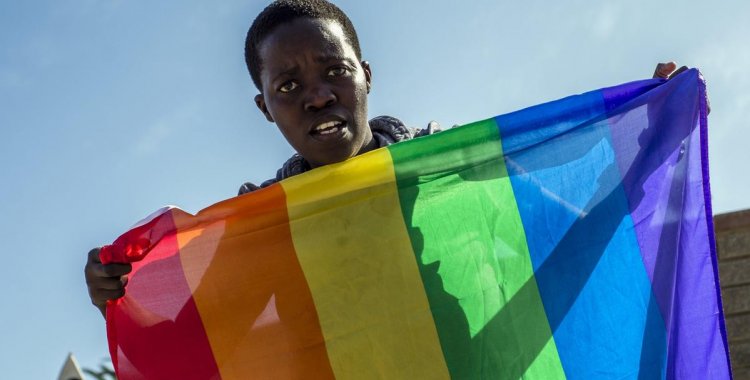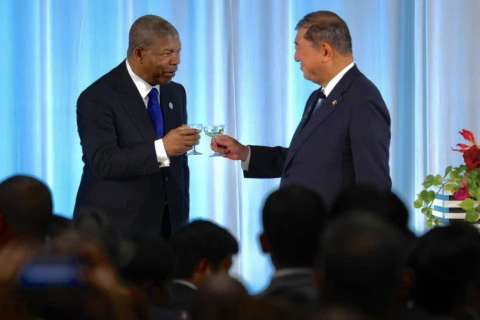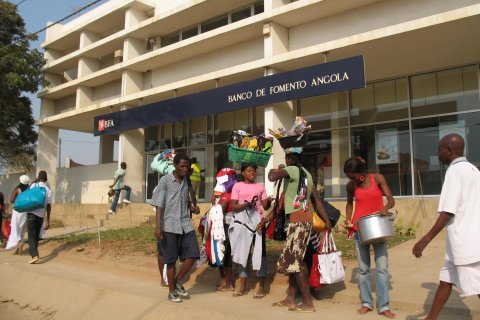Representatives of various civil society organizations LGBTIQ+ (short for lesbians, 'gays', bisexuals, transsexuals, intersexuals, 'queer' and others) attended an awareness meeting alluding to the International Day against Homophobia, Transphobia and Biphobia in Luanda, promoted by European Union (EU) Ambassador to Angola, Jeannete Seppen.
According to the activists, the Angolan law that decriminalized homosexuality, introduced into the Penal Code in 2019, had little impact on day-to-day life, and, therefore, they ask for more awareness to change mentalities, as said by Emércio dos Santos, representative of Male Diversity, an organization of 'gay', bisexual and transgender men and adolescents and young people living with HIV.
"The law had more impact for the Government, which is even being called progressive, than for our community", declared Emércio dos Santos to Lusa.
The activist underlined that "more than legislative advances, social advances are needed" and the law needs to be supported with specific programs and policies.
"There are still people who go out into the street and suffer physical and verbal aggression, and even death, the law is not everything, it is still not easy to be 'gay' in Angola", he said, despite considering that, compared to other countries in African region, to be "slightly better".
"We don't go to jail for being LGBT, but we aren't exactly treated well by the agents either", added Santos.
The activist explained that complaints are discouraged: "To report it, we have to feel safe and believe that the law will be complied with, which does not happen in many cases".
In that sense, he reported having already been the target of violence as an activist and having given up the complaint due to the bureaucratic process and having been attacked by neighbors that he would meet again.
He regretted, on the other hand, that LGBT content is censored in the Angolan media and defended that the authorities should publicize the rights of the community and introduce classes on gender identity to make young people aware of the diversity of human sexuality.
He also spoke about arbitrary arrests of transgender women and expressed concern about violence against members of the community, whether it be hate crimes or in a domestic context.
Emília Gervásio, from the Angolan Identity Archive, a collective that represents LBTIQ+ women created in 2017 to "accelerate the multiple identities of Angolan and African women", feels that these "are gaining more space", but there are still difficulties.
"Especially in the case of trans women, who are still seen as men and have to fight, especially in the field of health and in the search for a job, where they still feel many barriers", she pointed out.
For Emília Gervásio, cultural and religious issues are reflected in discrimination and families have little information about the LGBT community.
"We are still subjected to an oppressive cycle, especially from our families," she said.
As for the law that decriminalized homosexual relationships, it did not bring changes in practical terms.
"We don't see any change, especially with regard to police abuse", he criticized, pointing out the case of trans women and stressing that "there are many police officers without training".
Therefore, he advocated more dialogue with government bodies and training in gender identity and sexual orientation at the Ministry of the Interior.
"That something is done to make us feel that there is in fact some change", she concluded.







